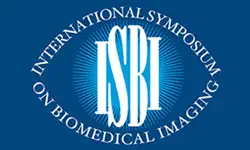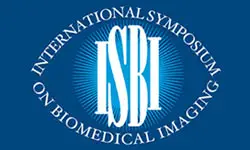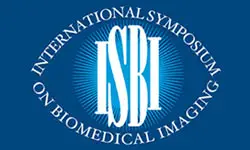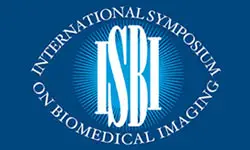-
Members: FreeSPS
IEEE Members: $11.00
Non-members: $15.00Length: 00:02:04
20 Apr 2023
Unpaired image-to-image translation methods aim at learning a mapping of images from a source domain to a target domain. Recently, these methods proved to be very useful in biological applications to display subtle phenotypic cell variations, otherwise invisible to the human eye. However, current models require a large number of images to be trained, while most microscopy experiments remain limited in the number of images they can produce. In this work, we present an improved CycleGAN architecture that employs self-supervised discriminators to alleviate the need for numerous images. We demonstrate quantitatively and qualitatively that the proposed approach outperforms the CycleGAN baseline, including when it is combined with differentiable augmentations. We also provide results obtained with small biological datasets on obvious and non-obvious cell phenotype variations, demonstrating a straightforward application of this method.



